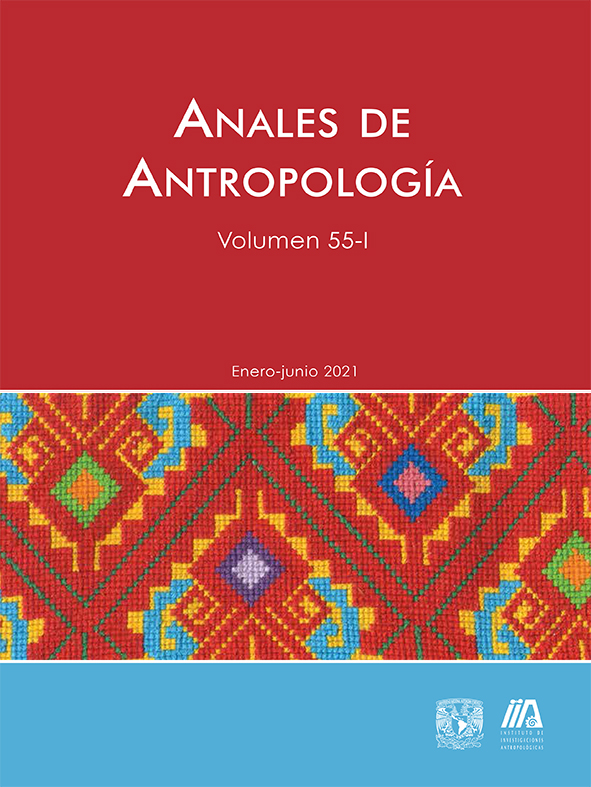Implications of transnational migration between the United States and Mexico for the professional development of teachers: anthropological perspectives
Main Article Content
Abstract
Teaching is usually a life-long profession. The tasks, responsibilities, and traditions that are asserted through teacher preparation and reinforced through in-service professional development help determine what teachers do and try to do. There is always a tension between what
larger society seeks, what students want, and what teachers attempt to achieve. But these discrepancies can become wider and more complicated if/when there are changes in student demographics. This article uses contributions from anthropological theory to make sense of transnational students and the challenges that their educators confront. If we say that demographic changes in turn impact what teachers should teach and perhaps how they should comport themselves, then we should analyze the ways that anthropological theories can help guide possible changes in schooling. Such theory can explain some of the challenges that children and adolescents, now in Mexican schools but previously in US ones, encounter. In doing so, it can inform ways that teaching could change. Yet we also need to consider teacher culture and teacher identity as we propose ways to better respond to transnational students. On this too we can ask: what does anthropological theory say about educational change?
Downloads
Article Details
Citas en Dimensions Service

This work is licensed under a Creative Commons Attribution 4.0 International License.
Esta revista usa una licencia CC del tipo CC BY-NC-ND 3.0. Se maneja bajo el esquema de acceso abierto, con una licencia Creative Commons Attribution-NonCommercial-NoDerivs 3.0 Unported.
